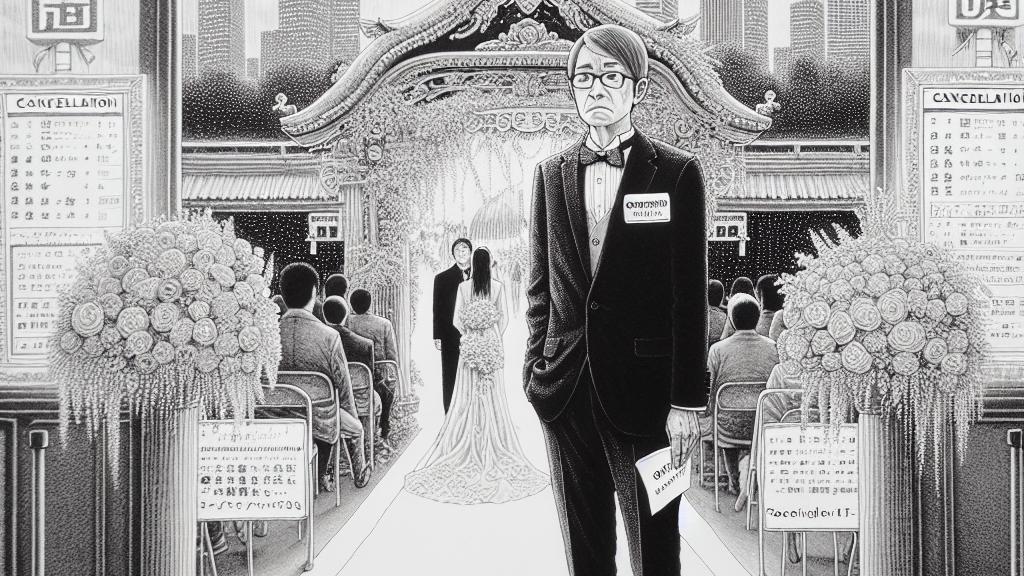Uninvited to Love: The Shocking Truth Behind Denied Access to a Marriage Event
Overview
- A Tokyo man with mild intellectual disabilities faced rejection from a marriage event due to his condition.
- The event's rules mandated participants to be 'physically and mentally healthy', leading to serious discrimination concerns.
- This incident is a stark reminder of the barriers individuals with disabilities face in accessing social and romantic opportunities.

The Distressing Case in Tokyo
In a troubling incident in July 2024, a man in his 40s, who has mild intellectual disabilities, was denied entry to a marriage event showcased on a Tokyo municipal website. After mustering the courage to apply, he was initially accepted. However, upon disclosing his condition to the event organizers, he received a cancellation notice citing that he did not meet the criterion of being 'physically and mentally healthy.' This rejection highlights the unyielding stigma surrounding disabilities and reveals how societal barriers can inflict emotional pain, pushing individuals seeking meaningful connections to the margins.
Legal Implications and Discrimination Issues
This incident raises significant legal questions regarding compliance with disability rights, particularly under the Tokyo Disability Discrimination Act. This legislation aims to prevent discrimination and mandates reasonable accommodations for individuals with disabilities in various sectors, including social events. Experts have criticized the organizers for not understanding their responsibilities under the law, pointing out that the criteria used to deny the man's participation reflect a broader misunderstanding of what constitutes 'reasonable accommodation.' This case emphasizes the urgent need for comprehensive training for event organizers to better navigate the complexities of inclusivity and protect the rights of all individuals.
Toward a More Inclusive Society
The refusal faced by this man is emblematic of the broader societal challenges individuals with disabilities experience. Many advocacy groups are calling for a paradigm shift in how society views and interacts with disabled individuals. By fostering an inclusive atmosphere that prioritizes diversity, event organizers can help break down barriers that hinder social interaction and romantic pursuits. This incident serves as a catalyst for a reevaluation of marriage events and social activities, encouraging a more equitable approach that allows everyone, regardless of ability, to partake in the search for love and companionship.

Loading...